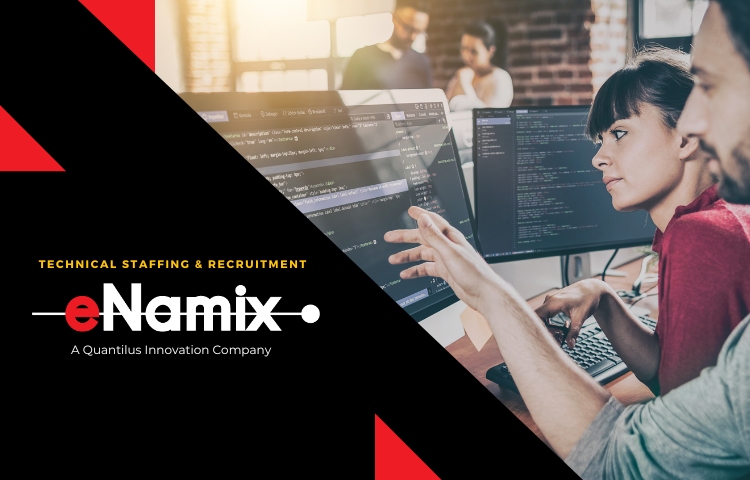

One common question that comes to mind when considering an investment in any type of recruitment tool is how is it possible to quantify a tool’s effectiveness? Many AI recruiting software promise faster results and a more efficient hiring process while still finding candidates that meet a company’s standard and are a cultural fit. However, quickly filling vacancies doesn’t necessarily mean that more opportunities or added pipeline will coincide or that money will be saved. Here are a few questions to consider when measuring the possible ROI of AI recruiting software.
1. Am I saving costs in exchange for quality candidates?
An abundance of AI recruiting software promise significant cost reductions with the removal of scheduling or holding interviews over the phone. In the place of the traditional recruiting is a process that can now involve screening candidates through video interviews, taking place at any time. AI recruiting software is expected to perform as a 24/7 recruiter while still vetting and finding quality hires for the eventual decision makers.
The current, costly screening process also features issues beyond inefficiencies in hiring speed. At times, qualified and diverse candidates can miss out on job opportunities because of unconscious biases. A traditional hiring process may include some sort of unstructured interview to help a company gauge a candidate’s personality, how they may fit with the other staff and the company’s values, and to hear the candidate speak on behalf of their own experience and skill set.
However, this method, at times, can bring forward all kinds of biases. A 2013 study by the Society for Judgment and Decision Making found that unstructured interviews can sometimes result in interviewers feeling like they are receiving useful information about a candidate when in reality the information they receive is actually considered useless. Their cognitive bias ultimately becomes part of the screening process.
AI recruiting software removes any type of interview bias or discrimination and the best recruiting tools can adequately assess candidates with the benefits of personality tests, IQ tests, and skills tests that all follow a structured process. In addition, a recruiting software can also use these tests to determine if the candidate is similar to the extrovert personality a company is looking for to fill a role, or an introvert personality.
Leadership within a company needs to ask themselves if the criteria set for a role is being matched with the applicants an AI recruitment tool is finding. Otherwise any costs saved in finding candidates is lost if fewer potential hires are meeting a company’s values and cultural fit.
2. What’s the impact of a bad hire?
The average cost for each bad hire can equal 30 percent of the individual’s earnings, according to the U.S. Department of Labor. The ROI lost from a bad hire ranges from wasted onboarding expenses and time-consuming recruiting efforts to detrimental loss in productivity from whatever department the hire worked in.
It’s vital for a company looking to invest in AI recruiting software to know that the recruiting solution they choose will reduce the risk of bad hires and avoid or end regrettable high turnover. A successful recruiting software can provide a strict, in-depth screening and vetting process that leads to a company deciding among the best candidates that not only match the functional requirements of a position but also align with the company’s core values.
3. What metrics should I use to track ROI?
Depending on the position AI recruiting software is filling, your ROI formula will ultimately vary. For example, it will be less challenging to gauge the ROI of a sales or marketing position as closed deals and demand generation are two measurements that relate closely to not only the quality of a hire, but also the overall success of a company. On the other hand, many other roles such as a software engineer may need to be measured through considered intangibles, for example specialized technical expertise or meeting project deadlines, that aren’t focused solely on financial ROI but are contributing factors. In addition, past employees’ performances or industry standards for a position can help set a control group for the quality of candidates that are hired through a recruiting software.
Making more informed talent acquisitions is what any company strives for, and the growing footprint of AI recruiting software can make those decisions easier and objective over time. Just remember to keep in set the standards and ROI that need to be met when investing in the ideal recruiting software.
Learn more about Appliqant, our AI-boosted automated interviewing platform.
WEBINAR